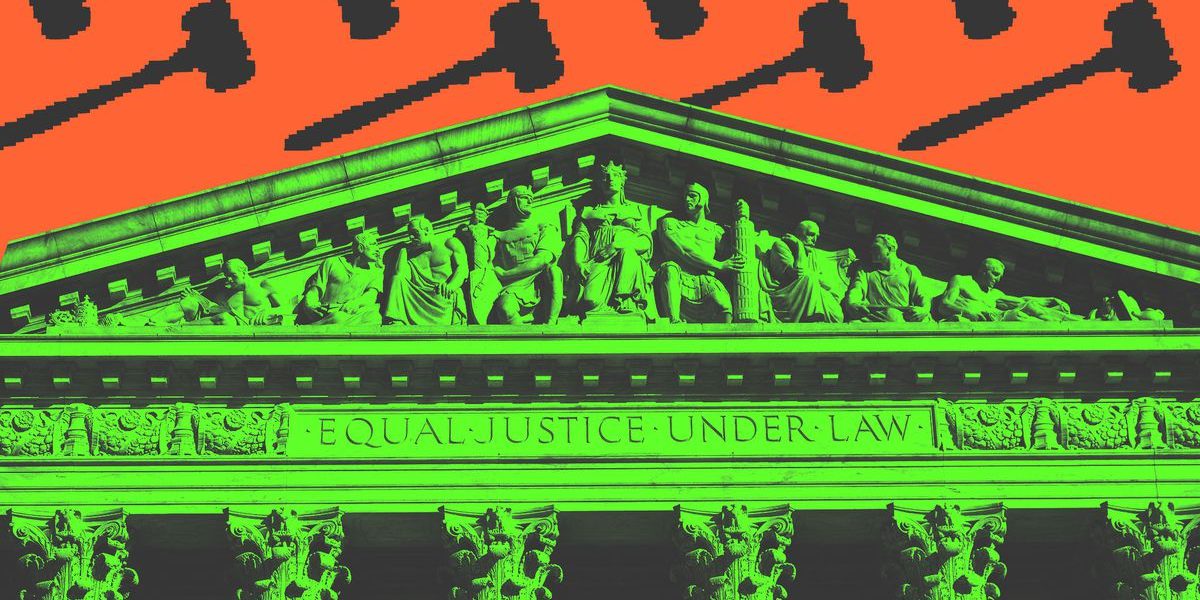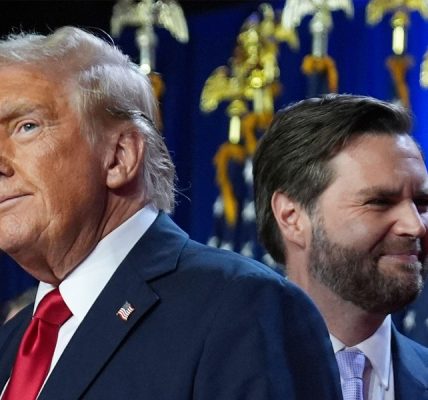Social Media and the Murthy Case: Alito’s Dissident Opinion on Facebook, Covid Misinformation, and the Lab Leak Hypothesis
Alito’s dissenting opinion mostly focuses on how Facebook moderated covid misinformation, with examples including the safety and efficacy of vaccines, as well as the lab leak hypothesis. It references a recent report published by the House Judiciary Committee, chaired by Jim Jordan. Jordan attended oral arguments in Murthy.
Alito accuses the majority of allowing “the successful campaign of coercion in this case to stand as an attractive model for future officials who want to control what the people say, hear, and think.” He adds that the message is that if a campaign is carried out with enough sophistication, it may get by.
Alito wrote that valuable speech was suppressed. The lab leak hypothesis is a minority theory that originated from a laboratory in China.
Justice Barrett wrote the majority opinion, and was joined by Chief Justice John Roberts and Justices Sonia Sotomayor, Elena Kagan, Brett Kavanaugh, and Ketanji Brown Jackson. Justice Samuel Alito dissented, joined by Justices Clarence Thomas and Neil Gorsuch.
In Murthy, however, the justices found that the plaintiffs had not presented enough evidence to show that the government had used similar tactics to pressure platforms into making content moderation decisions.
The House Judiciary Committee report said that the Biden White House coerced companies to suppress free speech. In a hearing right before the report was published, Rep. Stacey Plaskett, a Democrat who represents the US Virgin Islands, accused Republicans of making a “last ditch effort to influence the Supreme Court opinion in the case of Murthy v. Missouri.”
In a May 2022 statement, Missouri attorney general Eric Schmitt alleged that members of the Biden administration “colluded with social media companies like Meta, Twitter, and YouTube to remove truthful information related to the lab-leak theory, the efficacy of masks, election integrity, and more.” Last year, a federal judge issued an injunction that barred the government from communicating with social media platforms.
She says that sharing information between the government, social media platforms, and government entities is crucial in ensuring that social media users have authoritative information about where they should go to vote, or what to do in an emergency. “It is very useful for the government to have partnerships with social media to get that accurate information out there.”
The NRA v. Vullo case: What do we really want to see in a court decision on a case like this?
David Greene, civil liberties director at the Electronic Frontier Foundation, says that the court’s decision earlier this cycle on a case called National Rifle Association v. Vullo was likely an indicator for how it would approach the Murthy decision. In the Vullo case, the New York Department of Financial Services is alleged to have stifled the organization’s advocacy and pressured banks to not do business with it. In a 9–0 decision the court ruled that there was sufficient evidence for a case against Vullo to move forward. In the opinion, Justice Sonia Sotomayor wrote that the NRA’s complaint “plausibly alleges that Vullo threatened to wield her power against those refusing to aid her campaign to punish the NRA’s gun-promotion advocacy.”
“Other than that the facts involved are sort of politically motivated, the legal issue itself is not something that I think traditionally breaks down along partisan lines,” says Greene.
State, local and federal government bodies could be more open to contacting platforms if they had clear guidelines. “We will see a lot more of that type of government involvement in these processes,” he says.

